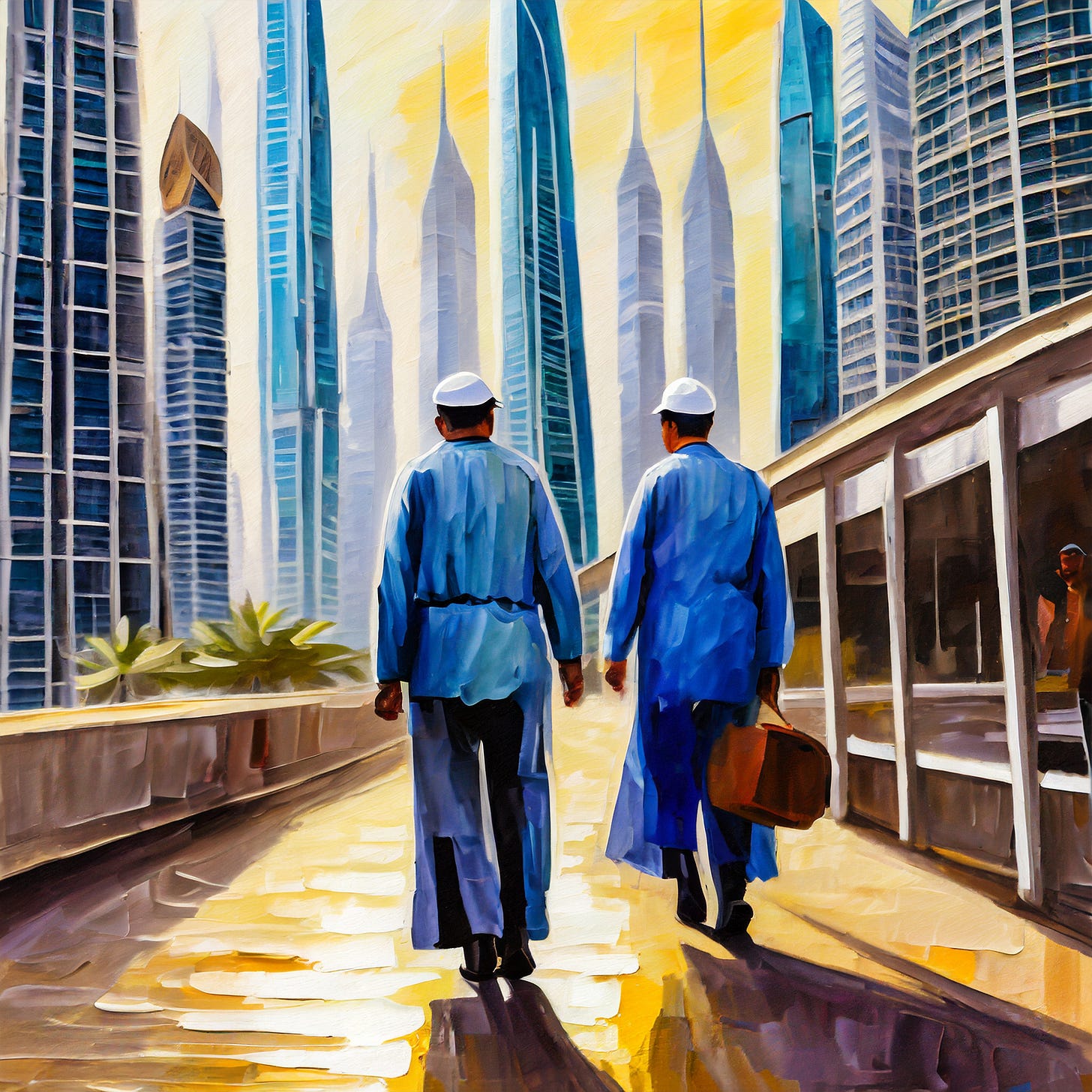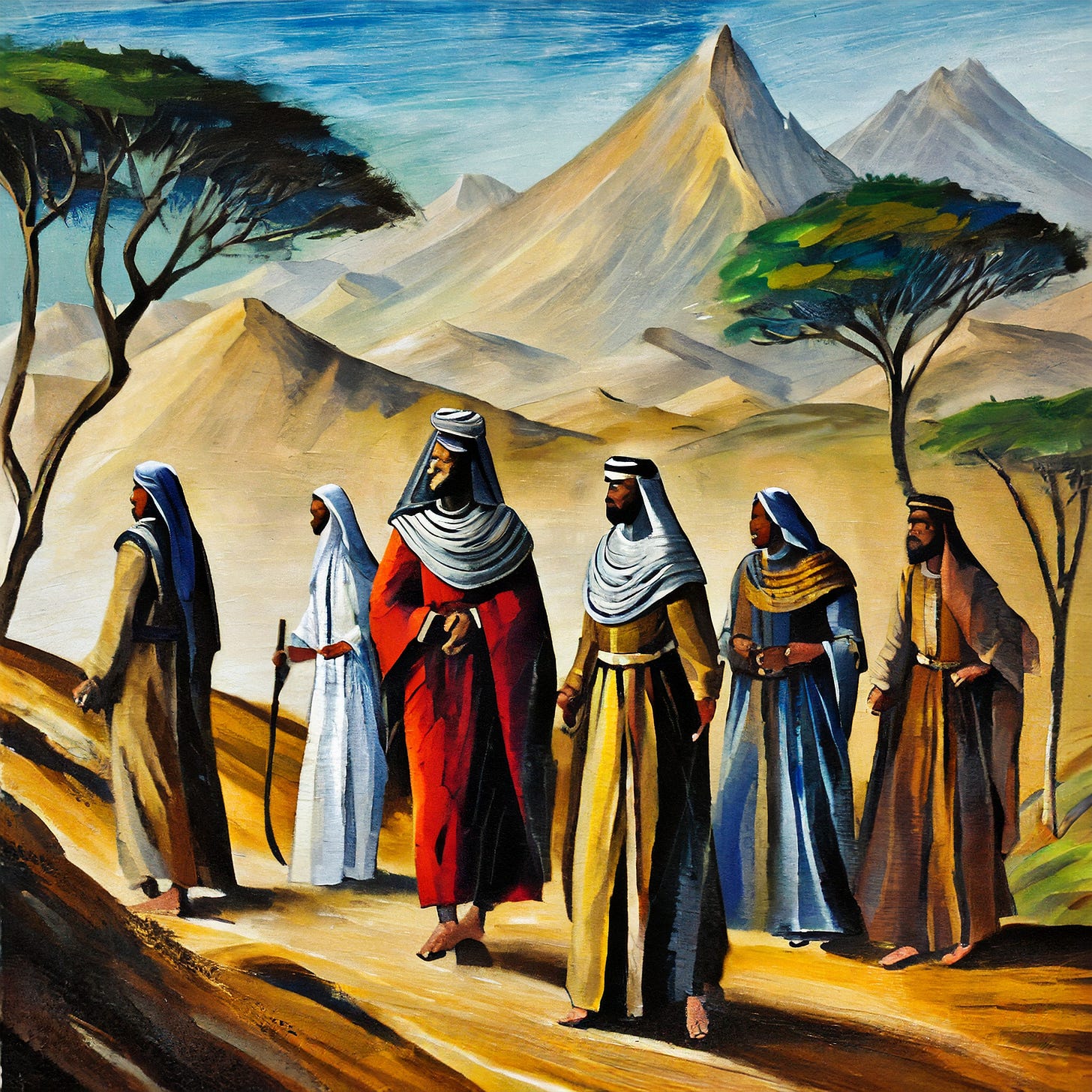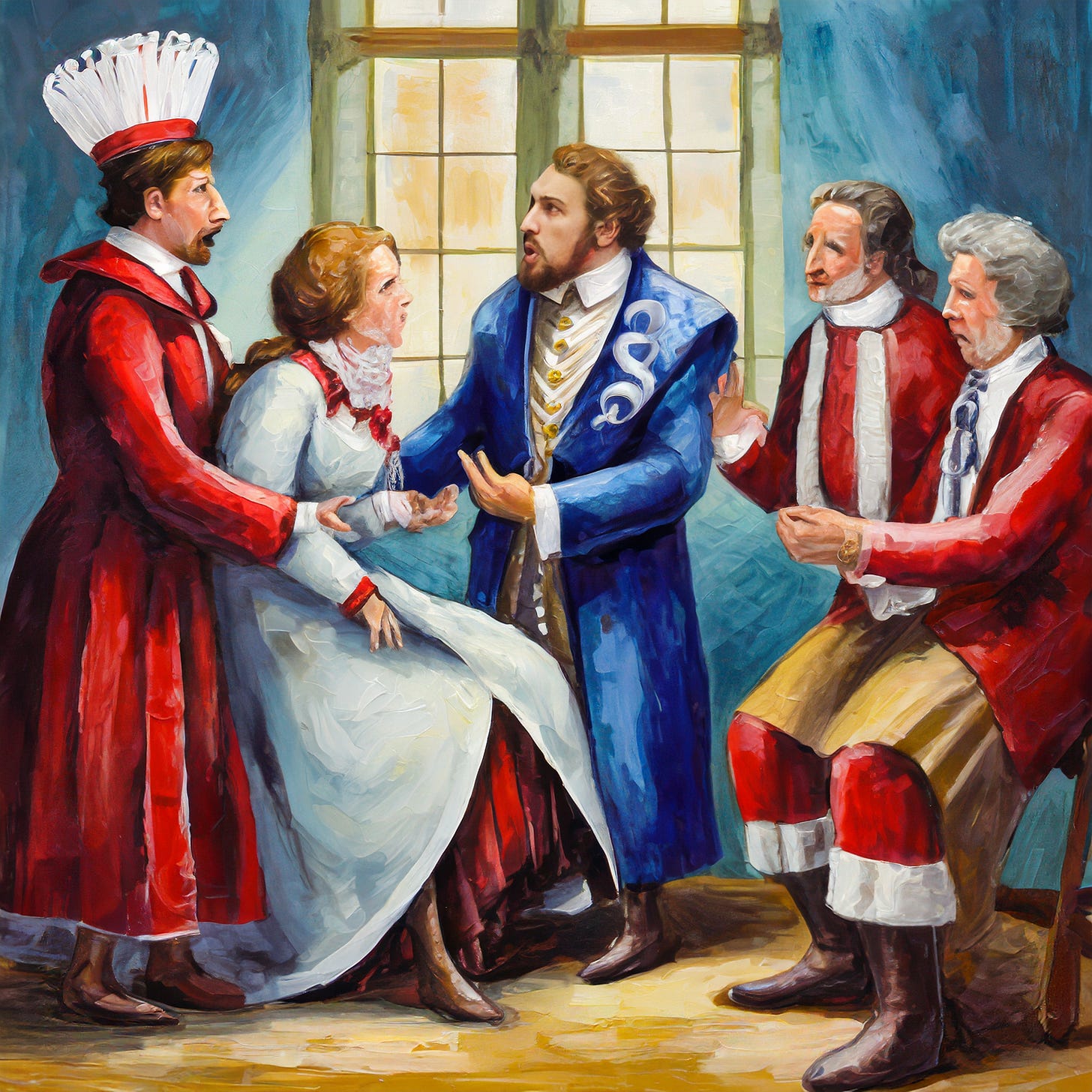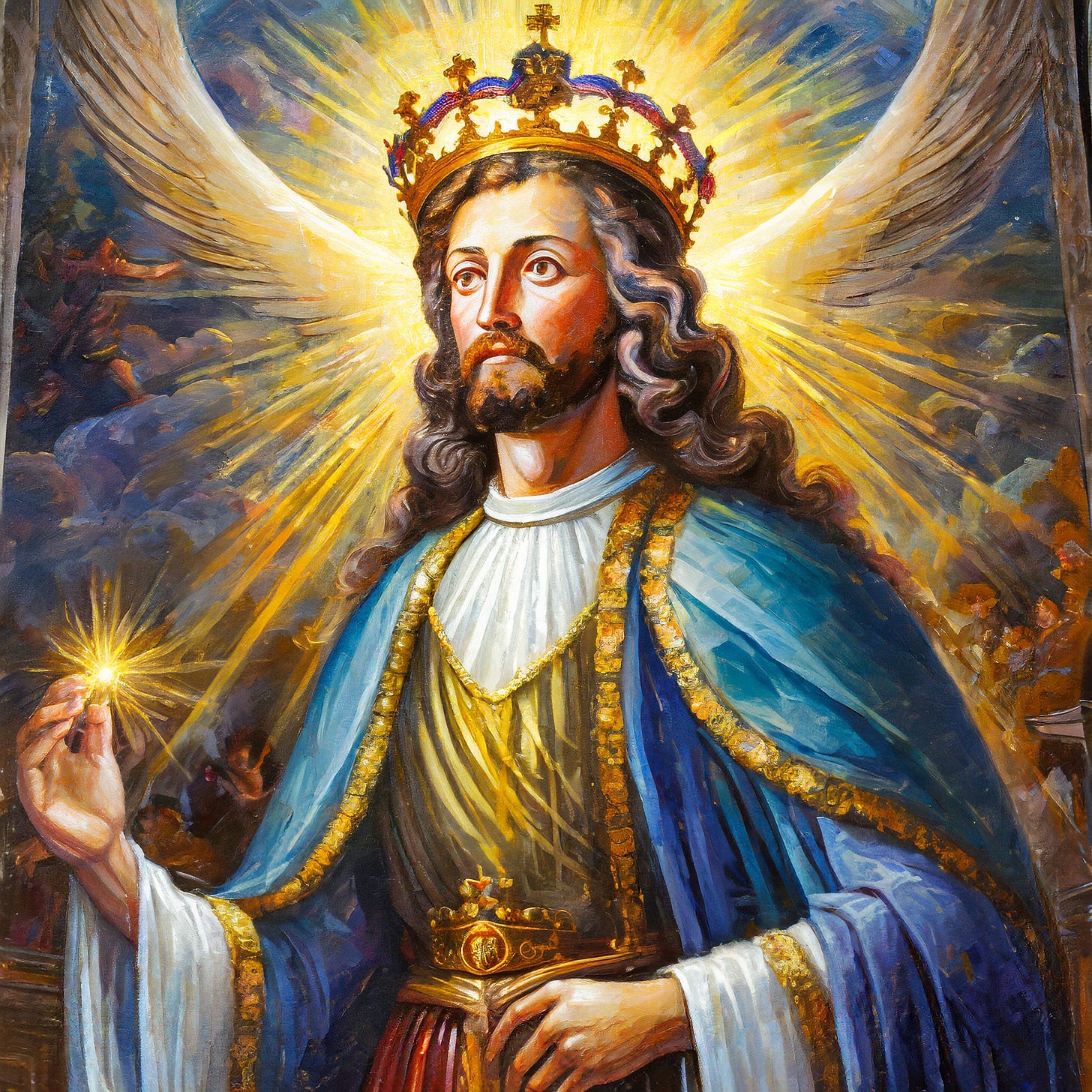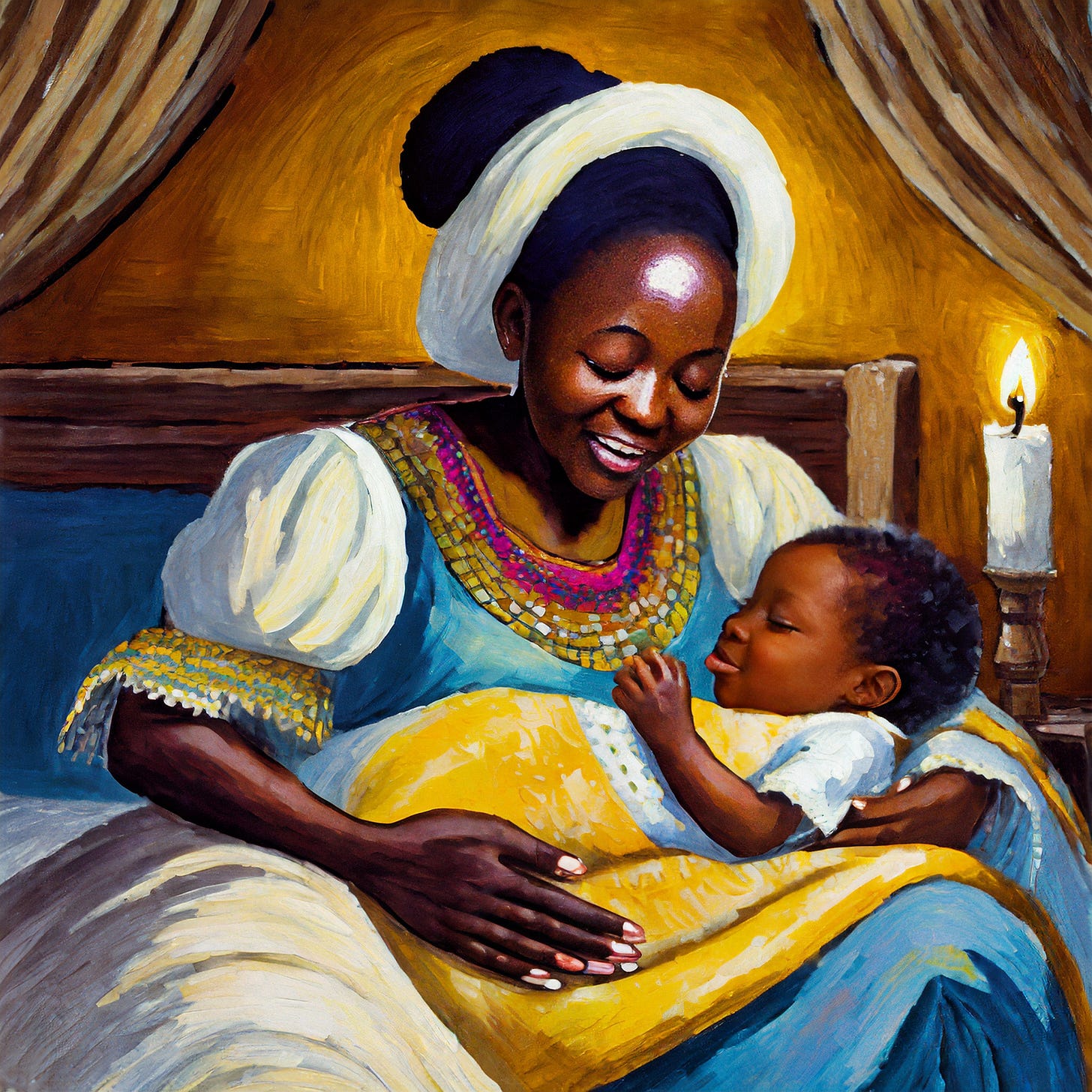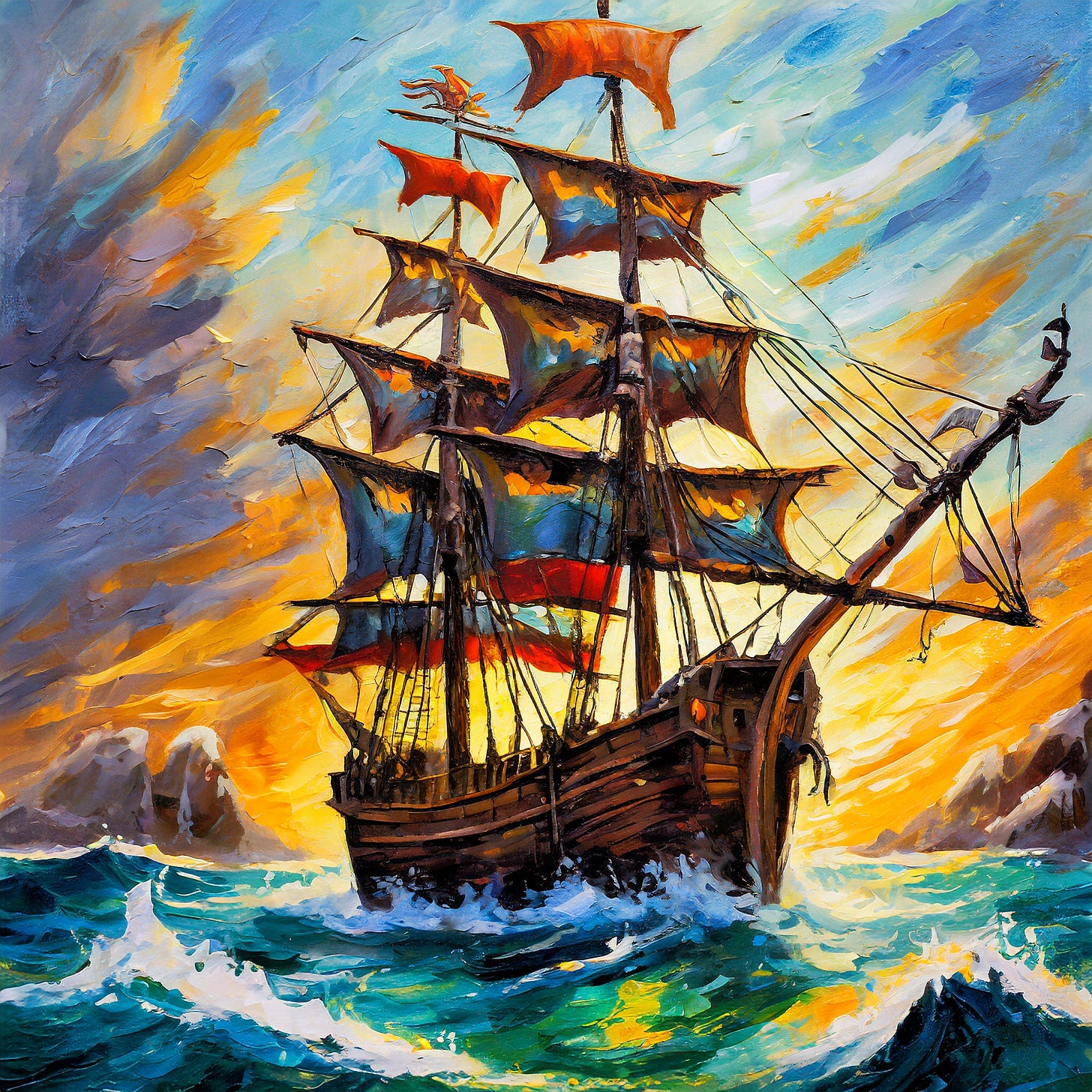BBC News Lies #4: Descendents of slavers angry at descendents of customers.
Are Kenyans asking for an apology from the very Royal Family that eradicated slavery in their country?
Slavery was an African institution for over 2000 years before the first slaves were sold to Europeans by the dominant African tribes and Arab empires. Europeans briefly participated in slavery, and then as the ugliness of slavery dawned upon them, they eventually become the first cultures to permanently banish it around the world. They would also use their great military might to eradicate it from Arabia and Africa, putting an end to thousands of years of slavery. Despite this, there still continues to be slavery-esque systems across the Khaleej (Saudi Arabia/UAE), known as ‘Kafala’, and actual slavery in places like Mauritania, where there are an estimated 90,000 slaves including children. In total, 40 million people are estimated to still be living in modern slavery today.
Throughout history, it is estimated that there have been nearly a billion slaves. It is only thanks to Europeans and Americans going to war with slavery states (with the US even going to war with itself) that slavery as a worldwide institution was destroyed. It is often quickly forgotten by the people teaching it that the entire concept of Human Rights and being against slavery were first put into practice in Europe. They essentially forced the rest of the world to obey this commandment to rid their systems of slavery, at the threat of military action. Pro-slavery was the normal of the past; it was only the spark of enlightenment in Europe that would go on to banish and eradicate it around the world.
This makes our article today all the more dubious in its assumptions. King Charles III is visiting the old colony of Kenya, and it is of course stirring some Woke popcorn headlines about slavery. Many of those demanding an apology in Africa are descendents of the very tribes that were not only enslaving their enemies for millennia, but also sold those very slaves to European colonialists. This would include the Kikuyu, Maasai, Swahili, Turkana, Kamba, Meru, Luo, Galla, and even the areas occupied by another colonial power in Africa, the Sultanate of Oman. Those slaves would go on to have the last laugh, as between 1850 and 1950, the descendents of these slaves would go through one of history’s most incredible transformations, from property to prosperity, from chattel to culture, in less than 4 generations. Every step towards equality in law brought more prosperity, and it wouldn’t take long for the descendents of conquered tribes to be living in far greater abundance and opportunity than the descendents of the Africans that enslaved them. It was only the “New Deal” that would stunt this growth, but that’s another story entirely.
With this in mind, we will get straight into this article, and the orthodoxy lies being told.
Link to Article: “History of slavery continues to haunt British royals” by Sean Coughlan.
Before even getting into the article, the headline just throws a big assumption at you. Does it really? Is this ancient institution really living in the shadow of slavery? What about the centuries of serfdom and tyrannical royal rule on the British Isles? British involvement in the worldwide system of slavery was brief, and resulted in them deciding nobody else was allowed to own slaves. Is it such a shadow? We haven’t left the headline, and we’re already at debatable at best.
“King Charles's state visit to Kenya next week will have plenty of toasts of friendship, but it also promises to address the "painful aspects" of the past relationship with Britain.
The legacy of colonialism, with thorny questions and calls for apologies and reparations, will be an inescapable talking point on the first state visit to a Commonwealth country since King Charles took to the throne.”
The history of slavery in the Kenya region can be traced back to at least the 8th century, when Arab traders began to establish themselves along the coast of East Africa. The Arabs were primarily interested in trading in ivory, gold, and slaves. Slaves were captured in raids on coastal villages or purchased from African intermediaries. In the late 19th century, the British began to colonize Kenya. The British were opposed to the slave trade, and they took steps to suppress it. However, the slave trade continued to exist in Kenya until the early 20th century. So was it really so painful an aspect of history, or was this something that would finally and forever liberate Kenya from the Maasai Confederacy that enslaved their own African brothers and sell them to Europeans and Arabs? Wouldn’t those reparations be best paid from the Maasai Confederacy and the Sultanate of Oman, who were the powers that actually enslaved people in the first place?
“Buckingham Palace is also supporting an independent study into the slave trade and the British monarchy in the 17th and 18th Centuries, with King Charles taking the issue "profoundly seriously".
That's due to be completed in 2026, but another important new piece of historic research has recently been published, which looks at the British Royal Family's attitudes towards slavery in the late 18th and early 19th Centuries, in the crucial years when anti-slavery campaigners fought to stop this human trade.”
There’s one clear and accurate perspective missing from most of the historical context added by the journo that produced this. That being anti-slavery at this time in history was a distinctly and uniquely British and European belief. There’s even some deep history to this; the Roman Empire would abolish slavery in Europe in the year 393AD under Roman Emperor Theodosius I. Although it didn’t eradicate slavery, it would be forever pushed into the corners of society, and would be rooted out as it was discovered, and where law could be enforced effectively.
You must remember the context of history; for any element of any royal family or ruling class in any culture to want to abolish the chattel slavery of people who not only looked so different, but also came from such backwards societies, was unheard of. It takes enormous courage, centuries of focus on educating children, countless hours of philosophising and debating for a culture to become as advanced in its morality as Britain found itself in. So many powerful and connected people were engaged in the slave trade, and yet, those divided on the correct side of history knew that it simply wasn’t the right thing to do.
“Her [Professor Suzanne Schwarz, University of Worcester] research shows him [the Duke of Gloucester] sharing information and coordinating efforts in speeches and parliamentary bills to stop slavery, including working with the leading abolitionist in Liverpool, William Roscoe.
The young duke spoke in the House of Lords against slavery, directly against the King's son, and Prof Schwarz says his presence in the Lords was seen as "vital to the progress of abolition".”
There’s another piece of historical context that should be added; what other cultures or political systems at this time would stand to have radical interlopers orate their newfound beliefs at the centres of their power? There were few powers in the world that would stand for such disobedience, and it would often be labelled things like “treasonous”. Free speech is a liberty taken so for granted that people forget that in almost every culture in history you would have been executed in cruel and unusual ways for speaking out against powerful institutions.
“George III wasn't personally a slave owner, and a previously revealed essay by him, which drew on work by French writer Charles de Montesquieu, makes a strong moral case against the slave trade, describing it as an "execration".
Biographers of George III have pointed to this as evidence of his personal opposition to slavery.
But Prof Schwarz says her research suggests that on balance, behind the scenes, he was opposed to parliamentary moves to abolish the slave trade and he seemed closer to the pro-slavery views of his sons, including the Duke of Clarence.”
So the King was human after all; he, like most powerful people throughout all of history, may have been ambivalent to the suffering of people outside of his own culture. Much like the Mogul Empire, Ottoman Empire, Russian Empire, Omani Empire, the Ethiopian Kingdom, the Barbary states, and most of the powerful civilisations of the Americas, Asia, and Africa, there were reservations about abolishing an institution as old and widespread as humanity itself. And those are just the empires during the 1800s that had legal slavery outside of Europe.
Remember, this is in response to the concept that slavery uniquely hangs over the British royal family specifically. I would put it to the BBC News journo Sean Coughlan that the abolishment of slavery not just in the British Empire but also across the world is one of the most glorious and long-lasting achievements of British Royalty. It is difficult to think of anything as deeply important or as critical to the advancement of human prosperity as the worldwide eradication of slavery, made possible by the British Empire, later joined by the French Republic and the United States. There are no achievements greater, no atrocities so profoundly obliterated, than the permanent philosophical shaming of slavery as an acceptable institution. It is this philosophy of hatred for the enslavement of our human brothers and sisters that has left a long lasting impact on the world psyche. It took enormous courage, profound personal stoicism, and a deep and unwavering dedication to something greater than oneself for members of the British Royal family to crush this cruelty once and for all, and forever banish it to the darkest corners of the globe.
There has been and currently is a deep understanding across the world that if any country ever looked to bring slavery back in some form, that the powers of the West will use military violence to stamp it out. It is under this threat of the power of military might and the mandate of the European concept of Human Rights that never again will slavery see the light of day in the world. All cultures around the world know that if the West were to discover slavery, it wouldn’t take long until it was crushed.
“This year there were a number of family initiatives. Descendants of the reforming 19th-Century statesman William Gladstone apologised to the people of Guyana, in response to their family's links to slave ownership.
"It is about acknowledging that the slavery still has a massive impact on many people's health and wider socio-economic status across the world," said the Gladstone family.”
Again, the assumption in this article that the British merchants are uniquely responsible for slavery is absurd; as we know from any basic understanding of world history, and specifically of African history, is that this was a normal and accepted way of crushing your enemies and their culture. Thomas Clarkson in 1807 wrote in his book “The History of the Abolition of the Slave-Trade” wrote “There was one African prince, who, when he was pressed by the British to abolish the slave-trade, answered that he would do any thing[sic] else to oblige them—he would even give them money—but that he could not abolish the slave-trade, because mothers would lullaby their children to sleep with stories of their enemies being enslaved.”
It is clear from this and from history that the entire notion of slavery being abolished was an alien concept to most cultures. Not only was it alien, but turning your “enemies” into slaves was considered a great achievement. It gave the ruling dominant parties mandate to rule, and was a display of power and might, and that it was their culture that would survive, and those that would oppose them would perish, or worse.
Should the descendents of British merchants be apologising to people who held these views? Kindness is a common virtue in the United Kingdom; people don’t like to imagine that their ancestors were responsible for things that are considered bad today. But this itself might be that good old fashioned racism showing through; people seem to think that “white” people should know better than everyone else at any time in history. Those people seem to forget that the British for a long time were just as ignorant, as callous, as indifferent to suffering as anyone else in the world. Everybody was like this; everybody is human. Back in the day when life revolved around a farming schedule, where everyone’s lives depended simply upon the water being drinkable and the harvest being good and the winter not being too harsh, most people in the world for all of history simply couldn’t care less. So why do we now have this strange concept that British people should simply have known better to not commit the same atrocities as everyone else? It’s a bizarre hint of racism, pedestalling an entire race of people for not being more advanced than the rest of the world at the beginning of the European slave trade.
Where does that leave us? Modern people, applying modern philosophies around human rights, to only one race of people, centuries ago, and forgetting about their role in creating that very modern philosophy in the first place. This belief in being anti-slavery wasn’t just some normal thing people believed. In his book "Letters to a Young Contrarian," Christopher Hitchens wrote about the Barbary pirates, a group of Muslim pirates who operated out of North Africa from the 16th to the 19th centuries. It shows very much about some of the attitudes other cultures had to foreigners. Hitchens noted that the Barbary pirates captured and enslaved thousands of Europeans and Americans during this time period. Hitchens also wrote about the ambassador of the Barbary states to London, who told the Americans that the Barbary states weren’t going to stop attacking and enslaving their people. The Americans pleaded with the ambassador, saying that the Americans had never had a quarrel with the Ottomans or the Barbary states. The quote about the ambassadors response shows just how people in these parts of the world really thought about everyone else. It reads: “The ambassador of the Barbary states to London told the Americans that the Barbary states enslaved Europeans and Americans because they were infidels.” To them, it was that simple. It would take nearly 2 decades of battles before Britain and France were able to squash slavery in modern day Algeria.
BBC News should be more investigative in its journalism, not just accepting mainstream narratives. It was challenging mainstream narratives in the past that brought us to a place where slavery is abolished worldwide and the concept of it is considered a disgusting barbarism. Lets learn from the past, and not just accept things as they are. That we should be constantly challenging orthodoxy, and be free to do so.



